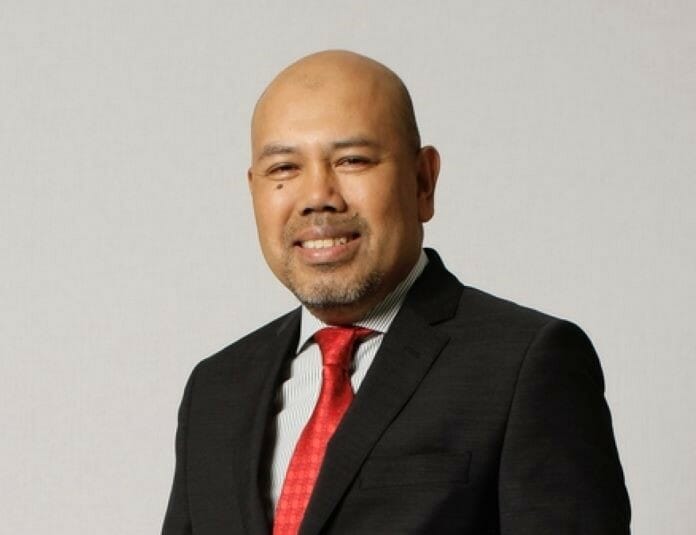Sime Darby Plantation Berhad the world’s largest producer of certified sustainable palm oil, has released it’s clear carbon emission roadmap across its entire value chain.
The comprehensive strategy was developed to achieve net-zero emissions by 2050 and has aligned its action plans with the Paris Agreement targets to limit global temperature rises to no more than 1.5°C.
The oil palm planter’s net-zero strategy is said to be science-based and in line with the latest guidance by SBTi, including the Forest, Land, and Agriculture Guidance by SBTi. SDP’s net-zero strategy commits to 100% absolute overall emissions reduction in Scope 1 and 2 by 2050, with all unabated Scope 3 emissions balanced by an appropriate amount of carbon removals or offsets with a three-pronged approach.
Firstly on the acceleration of its renewables programme, the group will have more than 40 biogas plants across its operations by 2030, which will address much of the emissions from mill effluent. Up to 70% of SDP’s footprint for non-FLAG Scope 1 and 2 emissions come from methane produced from mill effluent.
On the issue of land use, SDP is expanding on existing reforestation, conservation, and biodiversity initiatives. Including reforestation of non-productive agriculture land as well as large-scale tree-planting as a nature-based solution to increase carbon sinks. The Group has decided to reforest a 400 ha area of peat plantations in East Malaysia.
On the value chain and suppliers, in recognising that addressing Scope 3 emissions generated from third-party suppliers or others in the value chain is important. SDP has committed to engaging suppliers in order to ensure the replication of its own measures not only within its own operations but also across its entire value chain. In 2021, SDP achieved 71% compliance in its supply chain for its earlier ambition to be deforestation-free.
The SBTi is a collaboration between the Carbon Disclosure Project (CDP), World Resources Institute (WRI), the World Wide Fund for Nature (WWF), and the United Nations Global Compact (UNGC). It independently assesses and approves companies’ targets through a Call-to-Action campaign. The SBTi’s rigour and comprehensive scope enable companies to
take meaningful steps toward accelerated decarbonisation.
Mohamad Helmy Othman Basha, Group Managing Director of Sime Darby Plantation, commented: “This is a landmark moment for the global palm oil industry. We have developed a comprehensive strategy to ensure that the commitments announced today will be met. We know that our challenge is significant, and time is short. We are committed to delivering the food the world needs in the most sustainable way possible.”









